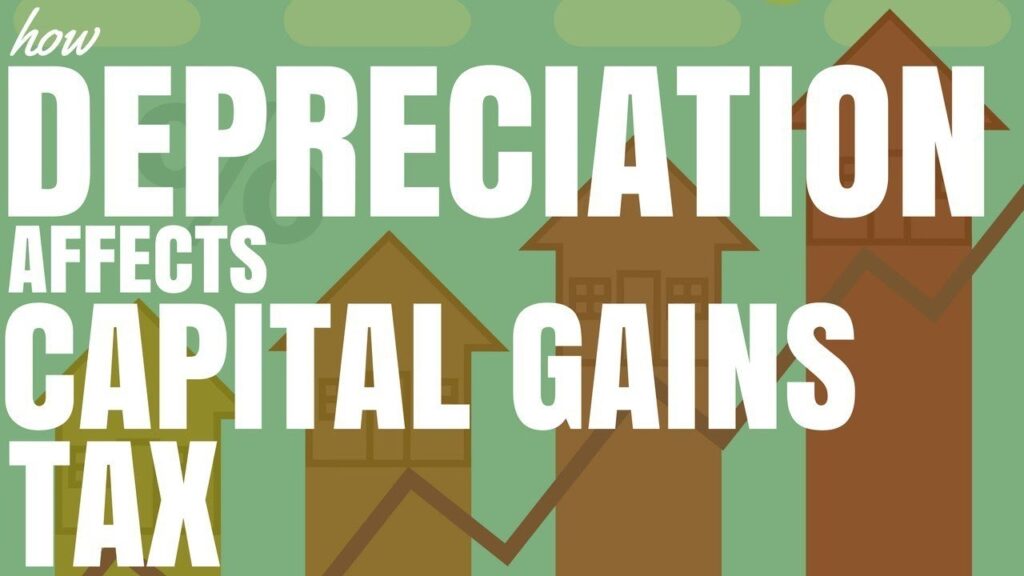In Australia, depreciation is a tax deduction that allows owners of rental properties to claim the decline in value of assets such as carpets, furniture, and appliances over time. Depreciation can help reduce the taxable rental income, which in turn lowers the overall tax bill.
However, claiming depreciation can have an impact on the amount of capital gains tax payable when the property is sold. Capital gains tax is a tax on the profit made from the sale of an asset, and it applies to rental properties as well. The amount of capital gains tax payable is calculated as the difference between the sale price and the cost base of the property.
Property Cost Base
The cost base is the amount used to work out the capital gain, and it includes the original purchase price, costs of buying and selling, and any capital improvements made to the property. However, it also takes into account any deductions that have been claimed, including depreciation.
When depreciation deductions are claimed, they reduce the cost base of the property, which means that the capital gain is higher, and more capital gains tax may be payable when the property is sold. The amount of depreciation claimed is also taxed as assessable income at the taxpayer’s marginal tax rate, which can be as high as 45%. This is known as recaptured depreciation.
Worked Example
For example, let’s say you bought a rental property for $500,000 and claimed $50,000 in depreciation deductions over the years. If you sell the property for $700,000, your cost base would be reduced to $450,000, and your capital gain would be $250,000. However, if you had not claimed any depreciation deductions, your cost base would still be $500,000, and your capital gain would be $200,000, leading to less capital gains tax payable.
It’s important to note that Australian tax laws have specific rules and limitations around claiming depreciation on rental properties. For instance, the property must have been constructed after July 1985 for the owner to claim depreciation on the building. Owners may also need to obtain a tax depreciation schedule from a qualified quantity surveyor to ensure that the depreciation claims are accurate and meet the Australian Taxation Office requirements.
Summary
In summary, while claiming depreciation on a rental property can provide tax benefits in the short term, it’s essential to weigh the long-term implications and consult with a tax professional to determine the best approach for the specific situation. Claiming depreciation may lead to higher capital gains tax payable when the property is sold, and understanding the rules and limitations around claiming depreciation is crucial to avoid any adverse tax consequences.


